 Last night ResearchGate informed us that our paper ‘Understanding health education, health promotion and public health‘ had reached 6,000 reads [1]. This reflective paper in an Open Access journal tries to bring a little more clarity in the confusion around the difference between the concepts of health education, health promotion and public health. We argue that such confusion does not limit itself to the individual terms but also to how these terms relate to each other. Some authors and public health practitioners use terms such as health education and health promotion interchangeably; others see them clearly as different concepts.
Last night ResearchGate informed us that our paper ‘Understanding health education, health promotion and public health‘ had reached 6,000 reads [1]. This reflective paper in an Open Access journal tries to bring a little more clarity in the confusion around the difference between the concepts of health education, health promotion and public health. We argue that such confusion does not limit itself to the individual terms but also to how these terms relate to each other. Some authors and public health practitioners use terms such as health education and health promotion interchangeably; others see them clearly as different concepts. 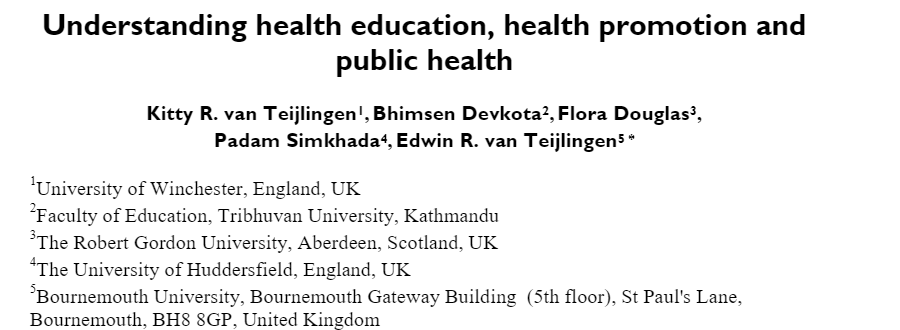
In this theoretical overview paper, we have first of all outlined our understanding of these individual terms. We suggest how the five principles of health promotion as outlined by the World Health Organization (WHO) fit into Andrew Tannahill’s model from 2009 [2] of three overlapping areas: (a) health education; (b) prevention of ill health; and (c) health protection. Our schematic overview places health education within health promotion and health promotion itself in the center of the overarching disciplines of education and public health. We hope our representation helps reduce confusion among all those interested in our discipline, including students, educators, journalists, practitioners, policymakers, politicians, and researchers.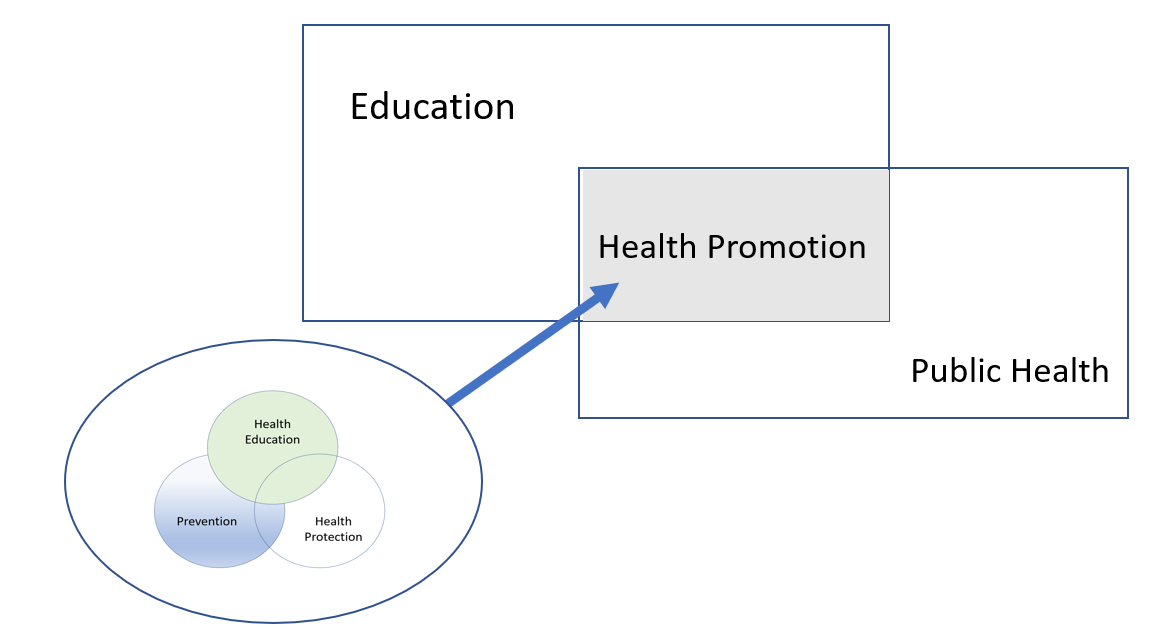
The paper is co-authored by a primary school teacher based in Dorset, and four professors who have a combined experience in the wider public health field of over a century.
Prof. Edwin van Teijlingen
Centre for Midwifery & Women’s Health

References:
- van Teijlingen, K., Devkota, B., Douglas, F., Simkhada, P., van Teijlingen, E. (2021) Understanding health education, health promotion and public health, Journal of Health Promotion 9(1):1-7.
- Tannahill, A. (2009). Health promotion: The Tannahill model revisited. Public Health, 123(5),396-399. doi: https://doi.org/10.1016/j.puhe.2008.05.021


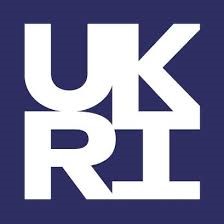
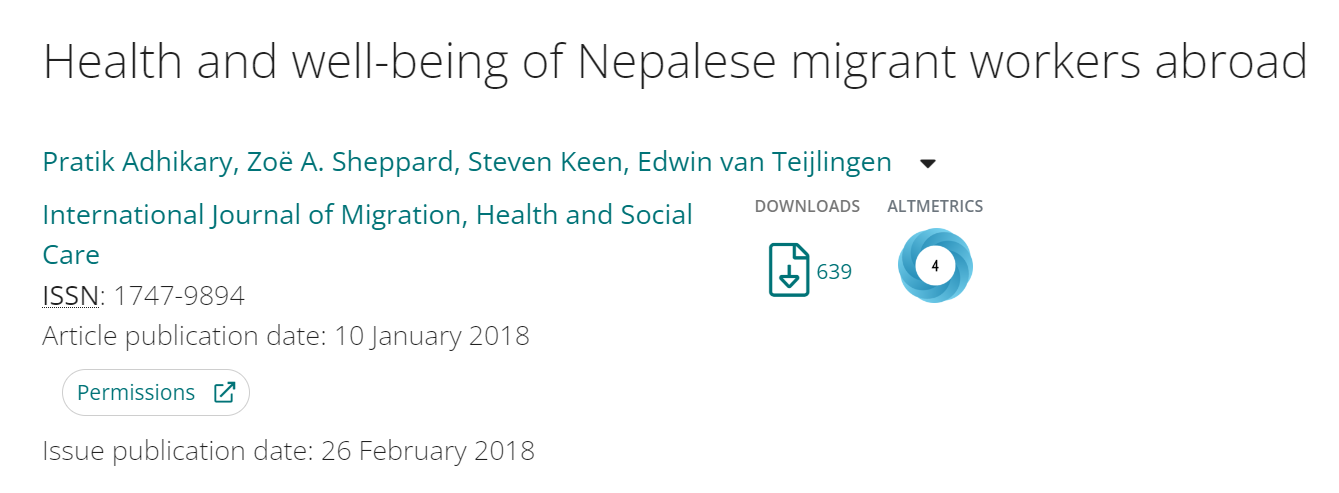
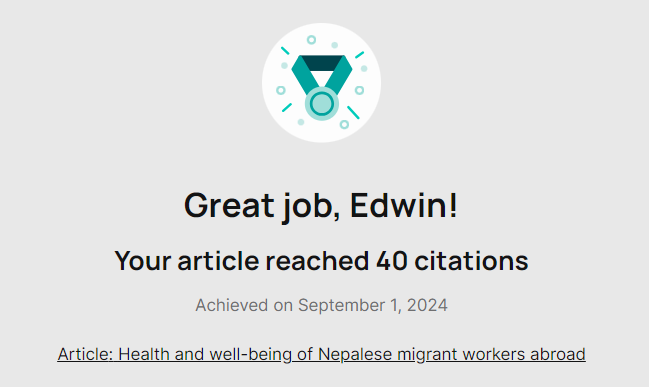

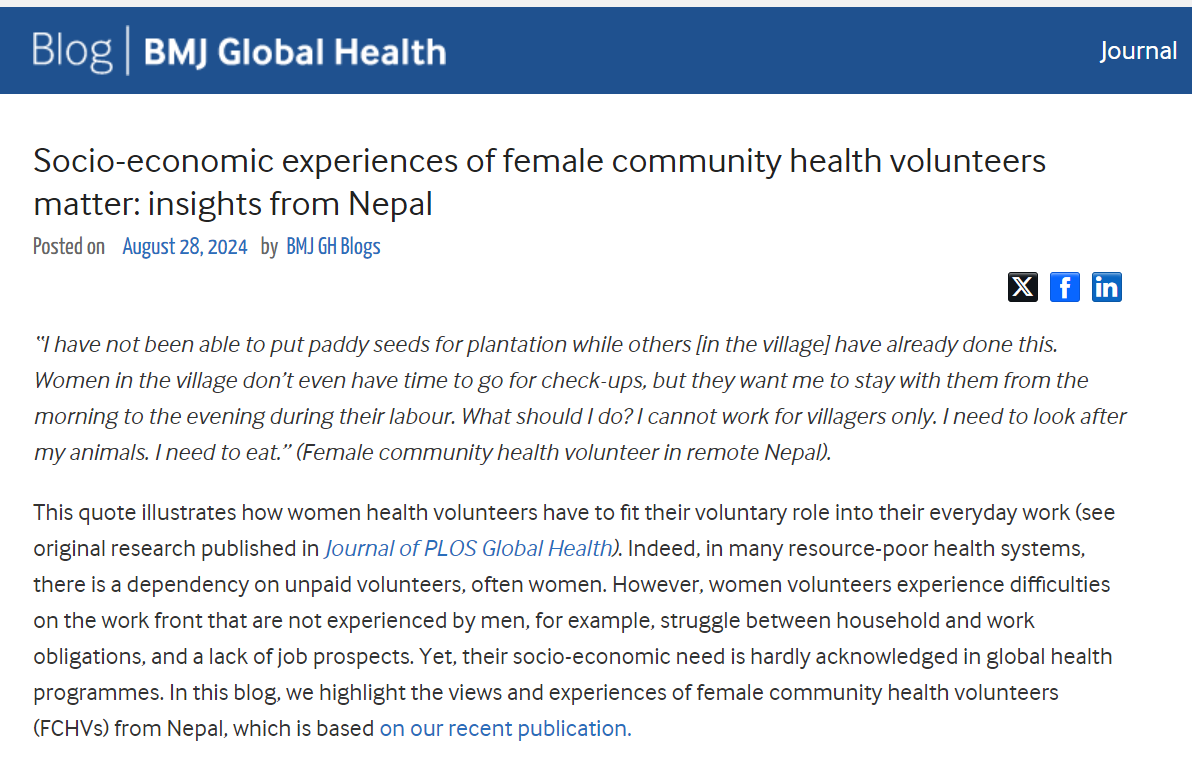
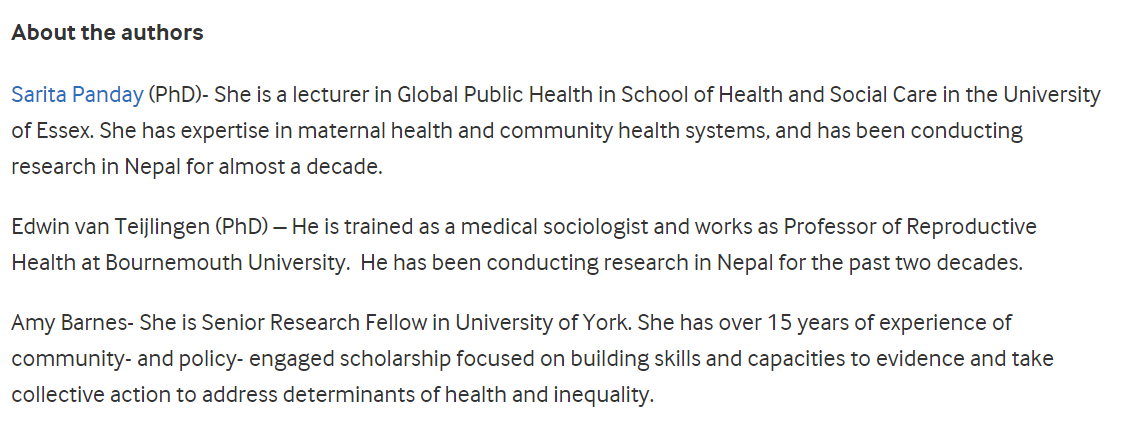
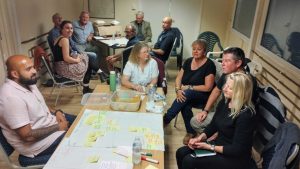
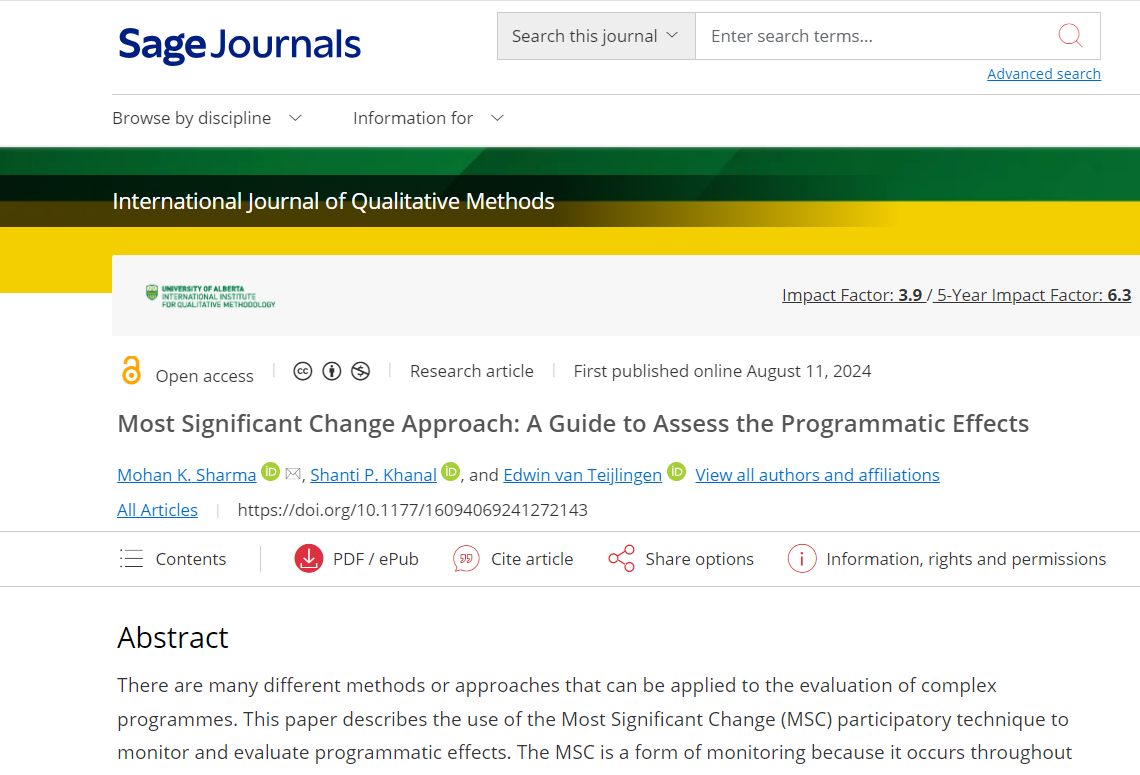
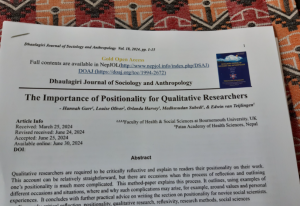

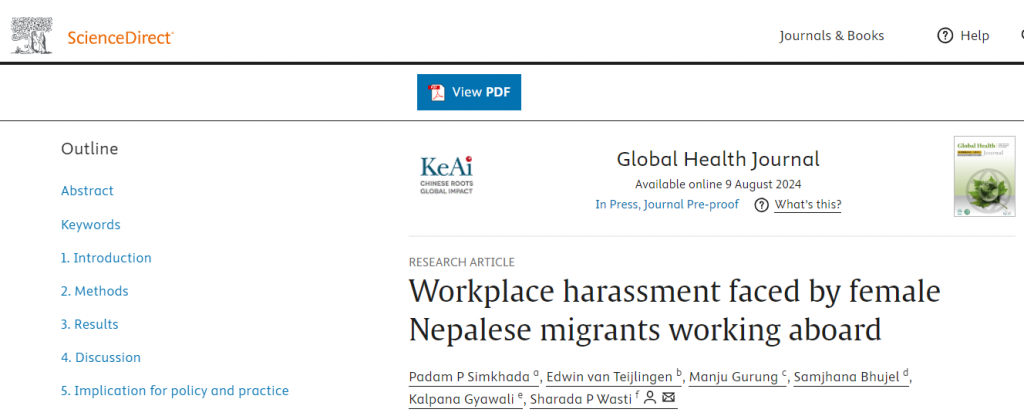
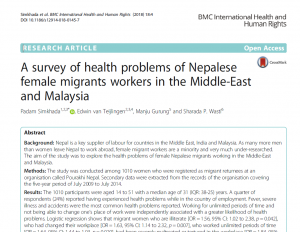
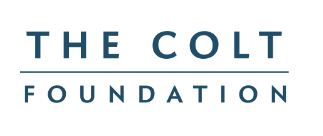
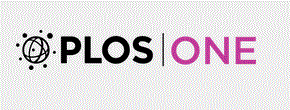
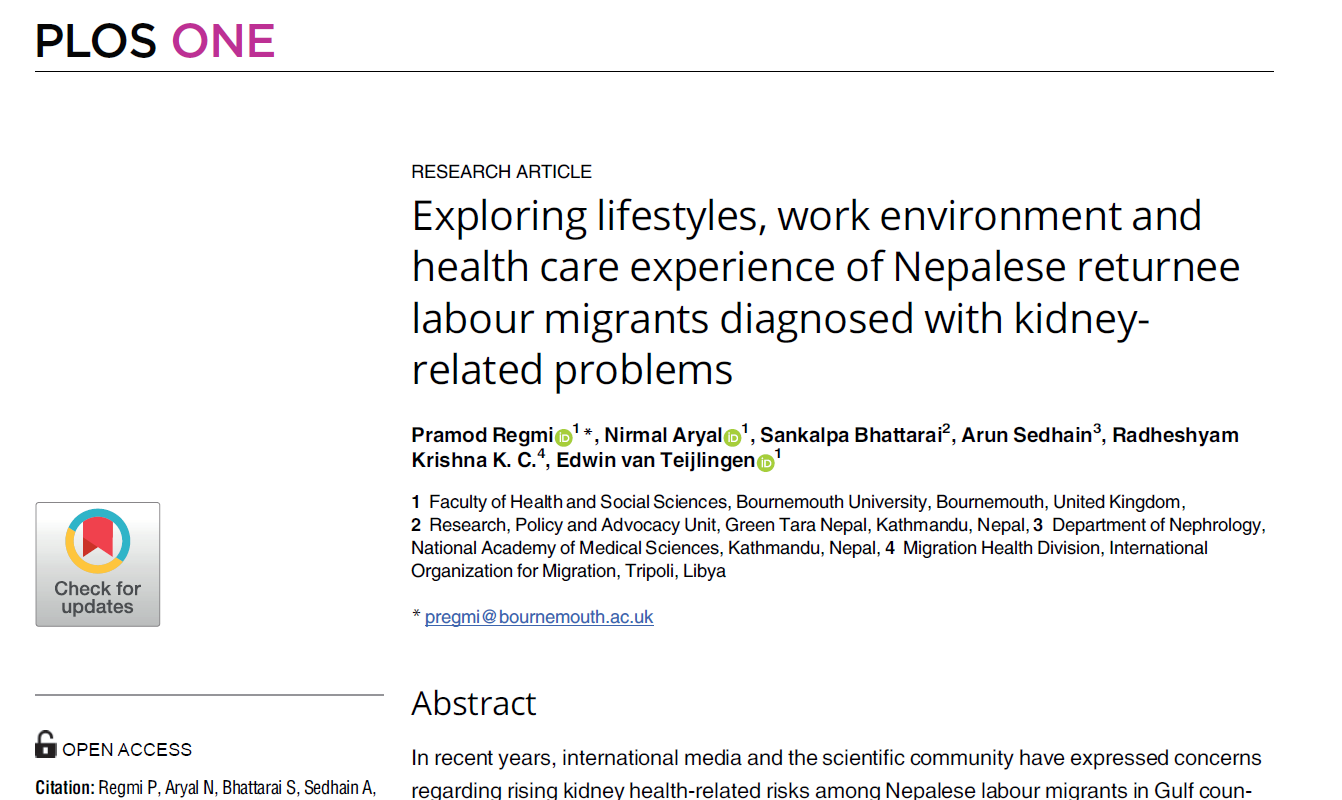
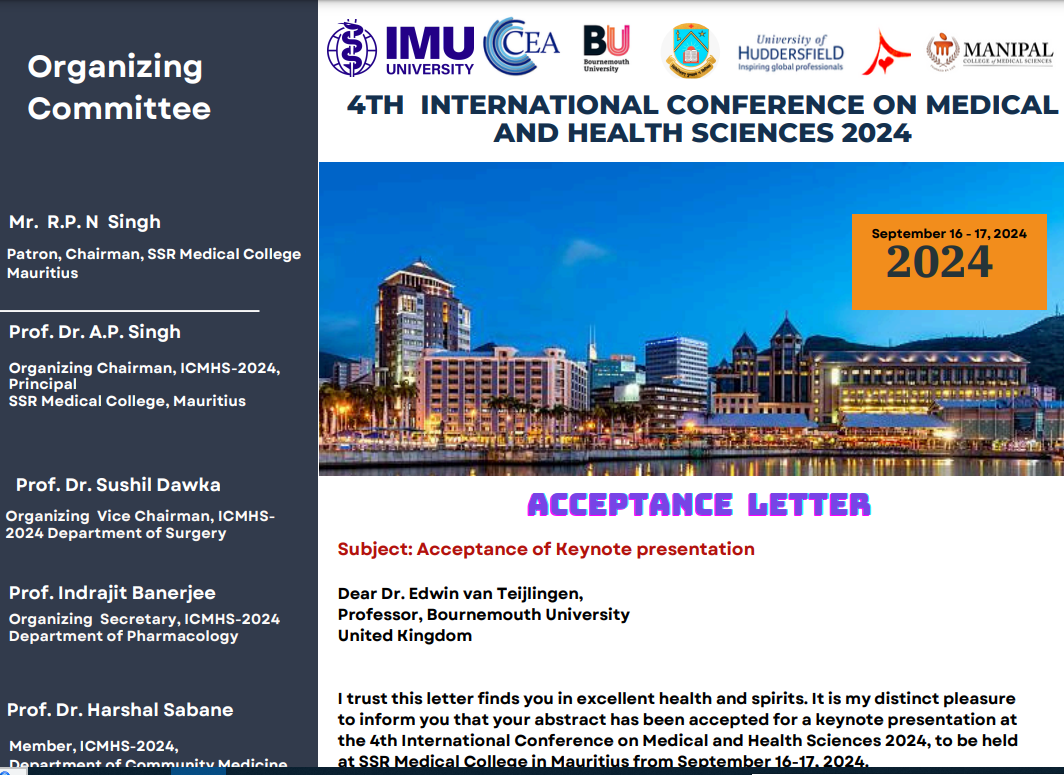


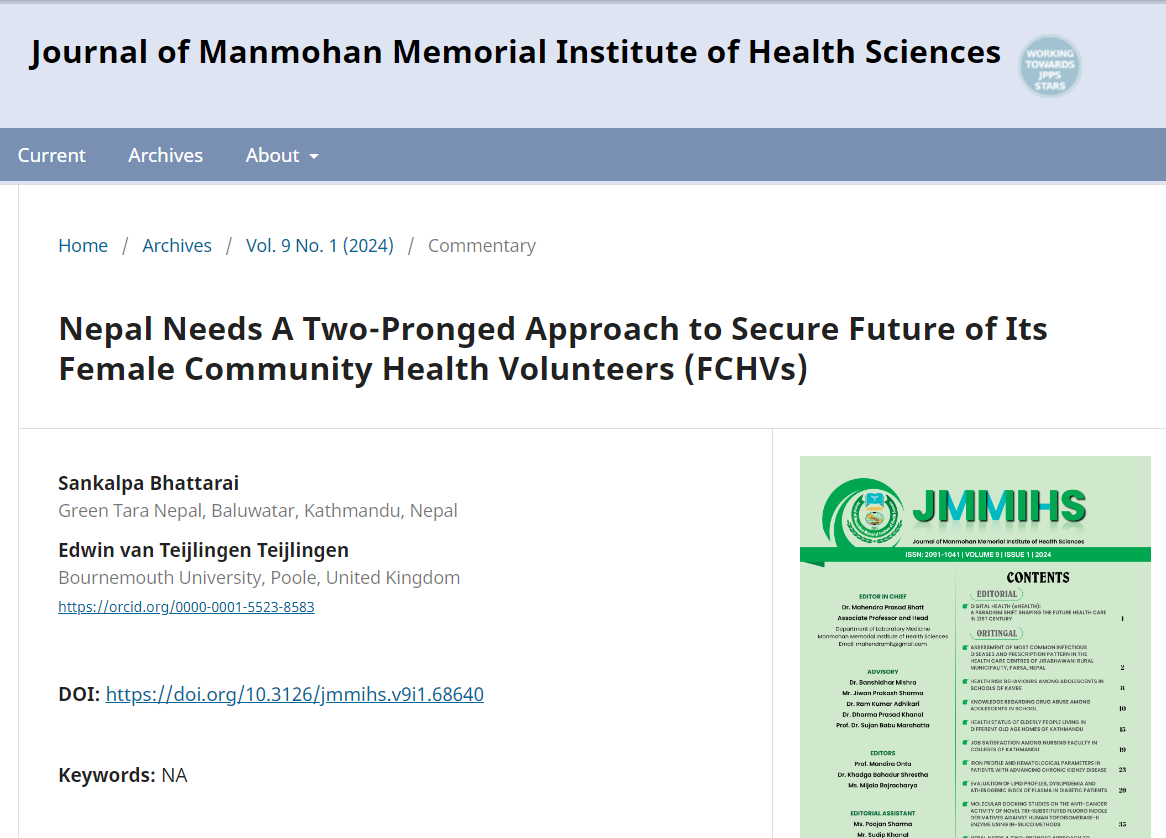
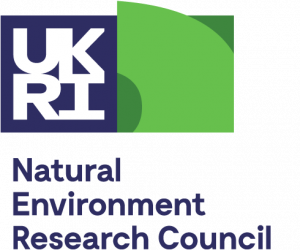











 New weight change BU paper
New weight change BU paper One week to go! | The 16th Annual Postgraduate Research Conference
One week to go! | The 16th Annual Postgraduate Research Conference Geography and Environmental Studies academics – would you like to get more involved in preparing our next REF submission?
Geography and Environmental Studies academics – would you like to get more involved in preparing our next REF submission? Congratulations to three former BU staff
Congratulations to three former BU staff Applications are now open for 2025 ESRC Postdoctoral Fellowships!
Applications are now open for 2025 ESRC Postdoctoral Fellowships! Horizon Europe – ERC CoG and MSCA SE webinars
Horizon Europe – ERC CoG and MSCA SE webinars ERC grants – series of webinars
ERC grants – series of webinars MaGMap: Mass Grave Mapping
MaGMap: Mass Grave Mapping Last reminder – MSCA Postdoctoral Fellowships 2024 internal deadline next week
Last reminder – MSCA Postdoctoral Fellowships 2024 internal deadline next week